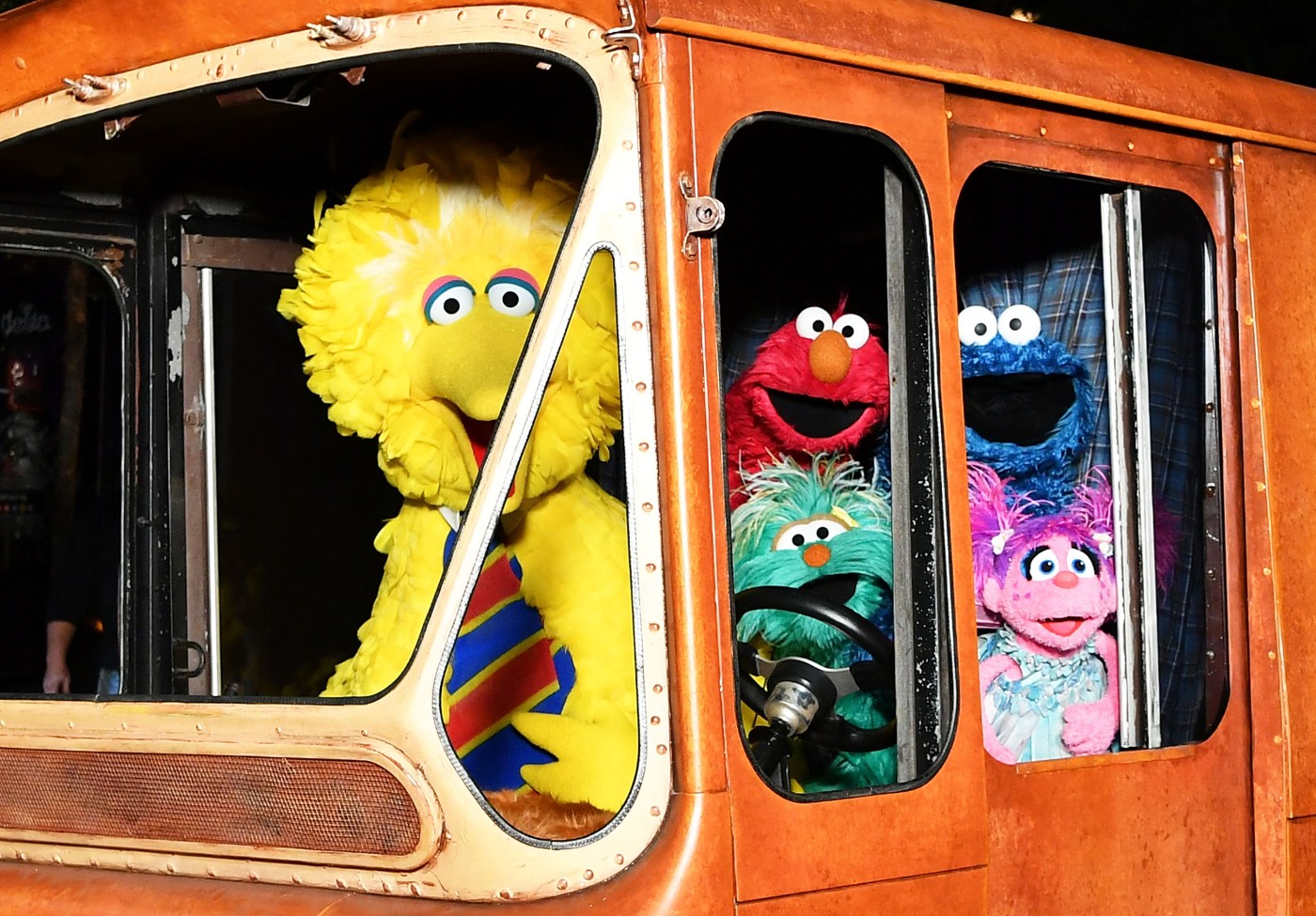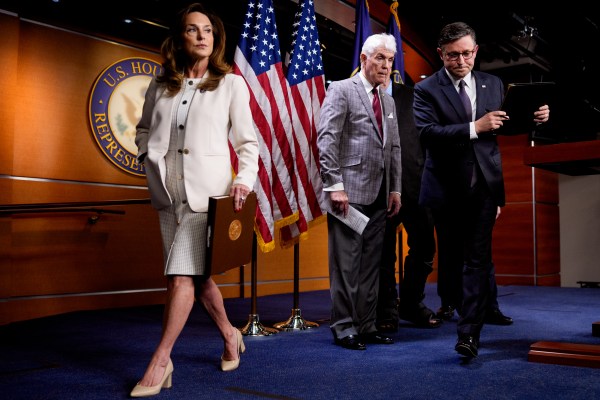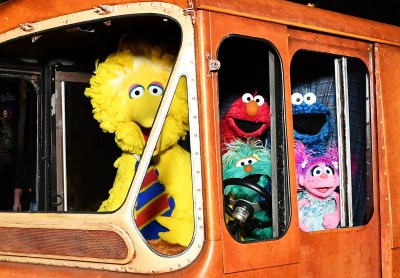On May 1, President Donald Trump issued an executive order targeting what the White House called “biased media” that benefits from federal funding, directing the Corporation for Public Broadcasting (CPB)—an independent nonprofit created through the Public Broadcasting Act of 1967—to cut federal taxpayer funding for PBS and NPR.
Then, on May 6, the Department of Education terminated the five-year “Ready to Learn” grant that, through the CPB, provided $23 million in funding for the production of various children’s TV shows.
Claims spread on social media from both sides of the political spectrum that the cuts would lead to the cancellation of the beloved children’s show Sesame Street. Congressional Democrats also raised warnings about the future of the show. “Do you love Sesame Street?” Massachusetts Sen. Ed Markey asked in a video shared to X. “The Trump administration just terminated the $23 million federal grant program that helped to fund them.”
“We grew up on Sesame Street,” Democratic Rep. Rosa DeLauro of Connecticut tweeted. “Losing PBS and NPR would mean losing that. We have to fight to keep them alive.” Similarly, Democratic Rep. Melanie Stansbury of New Mexico both tweeted and stated on the House floor, “In Donald Trump’s America, not even Elmo is safe.”
The White House’s targeting of funds for public broadcasters doesn’t mean Sesame Street is going away. Government funding makes up only 4 percent of the revenue received by Sesame Workshop, the nonprofit that produces the show, per its website. Distribution fees and royalties account for 50 percent of the nonprofit’s revenue, while licensing makes up 20 percent. Contributions from foundations and corporations make up 13 and 11 percent, respectively. Government funding is ahead of only contributions made by individuals, which represents 2 percent of its revenue.
Sesame Workshop’s 2024 tax returns have not yet been made public, but its forms from earlier years show similar figures for federal funding received. In 2023, Sesame Workshop reported $186,926,322 in total revenue, and said it received $9,122,254 in total government grants, about 4.9 percent of its annual revenue. The year prior, in 2022, Sesame Workshop reported $249,317,160 in total revenue and $6,619,042 in government funding, a share of merely 2.6 percent. In 2021, government grants to the nonprofit totaled $2,827,241, less than 2 percent of its total revenue of $195,548,598 that year.
Moreover, educational programming funds from the Ready to Learn grant, while used for Sesame Street in the past, would not go to Sesame Workshop because PBS no longer produces new episodes of Sesame Street. HBO in 2015 bought the production rights to the show for about $30 million to $35 million annually, until the streaming service decided to end the arrangement last year. Since 2020, new Sesame Street episodes have aired on HBO, and aired for free on PBS only months later. The current, 55th season of Sesame Street—which started airing in January—will be the final season to be released on HBO, though the streaming service will continue paying $6 million annually to host the collection of past episodes through 2027.
So while the White House’s decision does not directly jeopardize Sesame Street, many questions remain about the show’s future direction. In early March, Sesame Workshop laid off about 100 employees—about 20 percent of its staff—citing “current economic challenges inherent to the drastically changing media landscape.” The nonprofit’s internal documents reviewed by the New York Times show that Sesame Workshop is on track to run a $40 million deficit next year. That’s a far cry from its 2023 tax filings, which show the nonprofit ran a deficit of more than $5 million that year. There’s also uncertainty about funding for new episodes now that the HBO relationship is ending, and Sesame Workshop is looking to strike a new deal with a streaming service company that can arrange funds for new episodes. While no agreement has been reached yet, per the New York Times, Sesame Workshop has been in discussions with streaming companies including Amazon Prime Video, Netflix, and YouTube.
If you have a claim you would like to see us fact check, please send us an email at factcheck@thedispatch.com. If you would like to suggest a correction to this piece or any other Dispatch article, please email corrections@thedispatch.com.







Please note that we at The Dispatch hold ourselves, our work, and our commenters to a higher standard than other places on the internet. We welcome comments that foster genuine debate or discussion—including comments critical of us or our work—but responses that include ad hominem attacks on fellow Dispatch members or are intended to stoke fear and anger may be moderated.
With your membership, you only have the ability to comment on The Morning Dispatch articles. Consider upgrading to join the conversation everywhere.